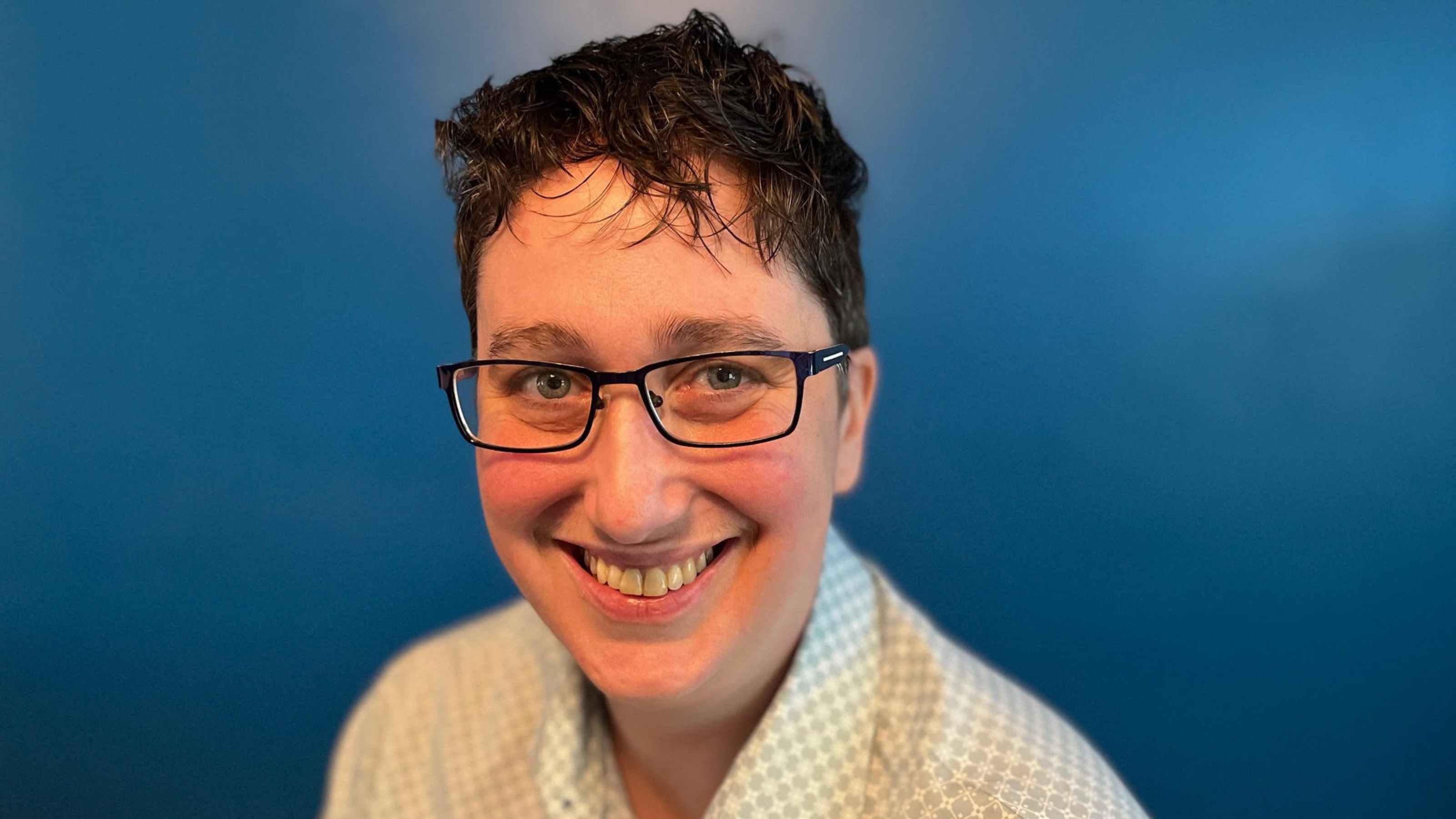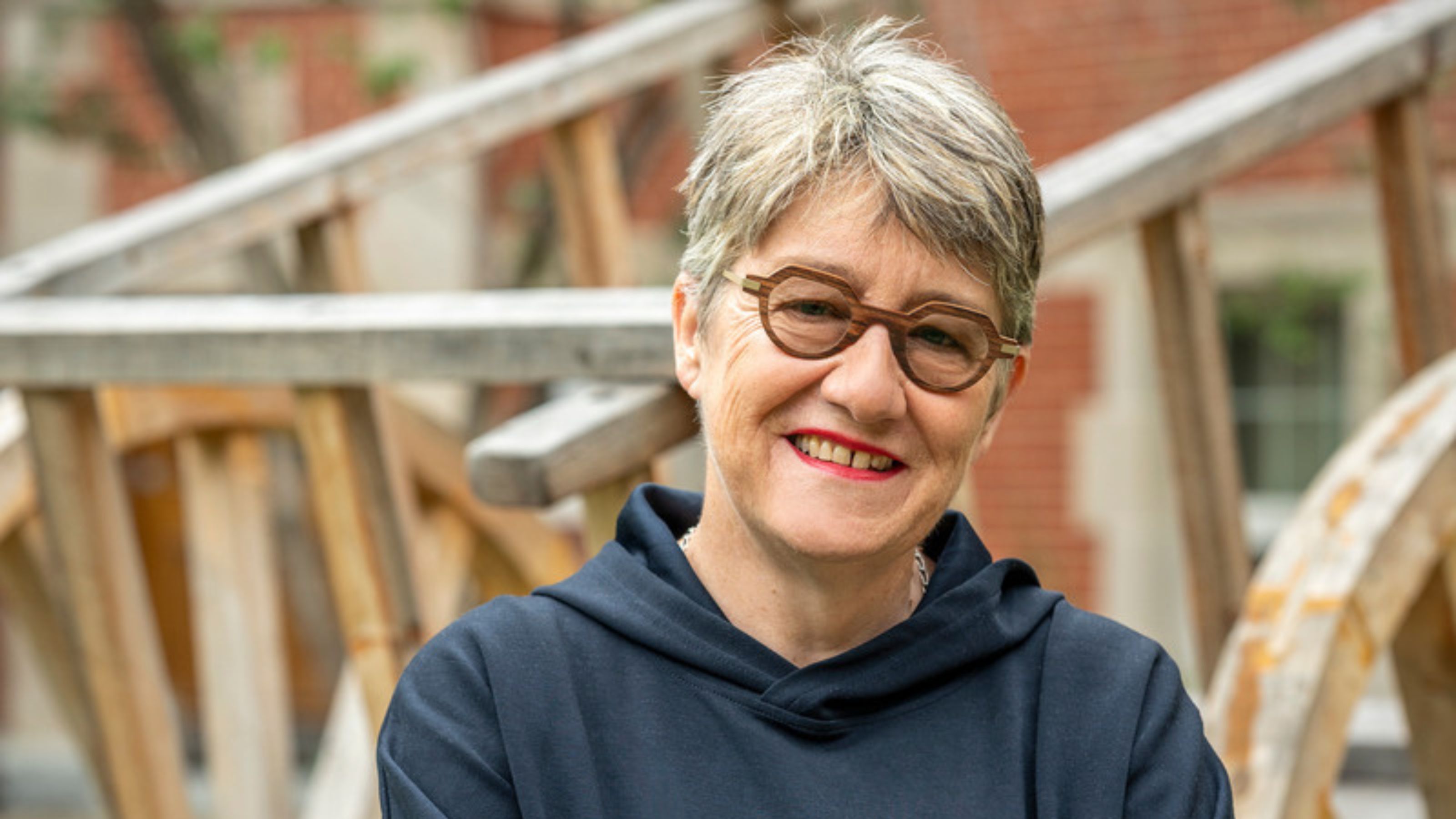About Access, Community + Belonging
Portfolio
Helping Individuals at Risk
Helping Individuals at Risk (HIAR) is a confidential, centralized resource for members of the campus community to report at-risk behaviours or concerns about individuals who are at risk of harm to self or others. HIAR staff can assess risk, help connect individuals to support and resources before situations escalate, and offer guidance on potential next steps.
Office of Safe Disclosure + Human Rights
The Office of Safe Disclosure and Human Rights (OSDHR) provides a safe work, study and living environment for all staff, students, faculty, and members of our volunteer community. OSDHR provides a confidential, neutral and safe space for members of the university community (students, staff and faculty) to speak in confidence about safety violations, financial mismanagement, ethical concerns, discrimination and harassment, among other concerns.
Office of the Student Ombudservice
The Office of the Student Ombuds is a confidential service that strives to ensure that university processes related to students operate as fairly as possible. We offer information, advice, and support to students, faculty, and staff as they deal with academic, discipline, interpersonal, and financial issues related to student programs.
Sexual + Gender-Based Violence Prevention + Response
We are dedicated to addressing sexual and gender-based violence through a collaborative, trauma-informed approach. Initiatives include policy development, training, and creating support networks like the Advisory Council and Options Navigation Network. These efforts ensure a safe, equitable environment for all university community members.
Go to Sexual + Gender-Based Violence Prevention + Response »
Council on Systemic Ableism
The Council on Systemic Ableism is an advisory and decision-making body located in the Office of the Vice-Provost (Access, Community, and Belonging). Its overarching mandate is to support the identification and transformation of ableist policies, practices, and structures in order to create a more accessible, equitable, and affirming ecology for all members of the University of Alberta community, including and beyond those experiencing disability.
Strategic Initiatives
Within the Vice-Provost’s office and across the University, work is under way to ensure access for all, community and belonging.
Team

Vice Provost - Access, Community + Belonging
Dr. Carrie Smith is the Vice-Provost of Access, Community, and Belonging at the University of Alberta, a role she assumed in November 2022. A former Vice-Dean in the Faculty of Arts, Dr. Smith has advanced equity and inclusion through strategic planning and governance reforms. She holds a PhD in Germanic Languages and Literatures and a Graduate Certificate in Women’s and Gender Studies. Her research explores feminist activism, creative production, and digital culture. Dr. Smith focuses on fostering collaboration, addressing institutional barriers, and advancing initiatives aligned with the Indigenous Strategic Plan and to enhance student well-being and inclusion.

Academic Lead - Equity Praxis + Systemic Ableism
Dr. Danielle Peers is an associate professor in the Faculty of Kinesiology, Sport, and Recreation and a Tier II Canada Research Chair in Disability and Movement Cultures. As a scholar and advocate, their work focuses on equity, anti-ableism, and disability justice, integrating critical disability studies with adapted physical activity and socio-cultural movement studies.
With nearly 20 years of experience in disability justice, Dr. Peers has collaborated with disabled and neurodivergent communities to create inclusive spaces and practices, even in resource-limited environments. They are now leading the establishment of the Council on Systemic Ableism at the University of Alberta, a collective aimed at amplifying lived experiences of ableism to inform systemic change.
As Academic Lead on Equity Praxis and Systemic Ableism, Dr. Peers partners with university leaders to build sustainable equity, diversity, and inclusion (EDI) frameworks. Their innovative approach reimagines EDI as an adverb—infusing equity principles like anti-racism and anti-ableism into every policy, program, and governance structure.
Through collaborations like the Re-Creation Collective and the Just Movements CreateSpace, Dr. Peers continues to champion intersectional, anti-colonial practices that center marginalized voices and foster justice across academic and community contexts.

Provost Fellow in Decolonizing Policies
Dr. Nathalie Kermoal, professor in the Faculty of Native Studies, has been appointed as the University of Alberta’s provost fellow in Decolonizing Policies for a two-year term starting July 1, 2024. This new role reflects the university’s commitment to reconciliation and decolonization, as outlined in Braiding Past, Present and Future: University of Alberta Indigenous Strategic Plan, the Strategic Plan for EDI, and Shape: A Strategic Plan of Impact.
In collaboration with Florence Glanfield (vice-provost, Indigenous Programming and Research) and Carrie Smith (vice-provost, Access, Community, and Belonging), Dr. Kermoal will focus on initiatives to advance decolonization within the academy. Her work will include aligning tenure, promotion, and merit practices with institutional Indigenous and EDI strategies, updating the Indigenous Student Success Survey, and conducting a decolonizing review of university policies.
A bilingual expert in Canadian and Métis history, Dr. Kermoal has authored influential works on Métis history, urban Indigenous issues, and contemporary Indigenous art. As director of the Rupertsland Center for Métis Research, she has fostered impactful partnerships with the Métis Nation. Among her many accolades, she received the 2023 U of A Community Scholar Award for advancing Métis-specific research and education and the 2024 Sarah Shorten Award for promoting women’s advancement in academia.
Academic Lead on Race Equity
Dr. Shirley Anne Tate is Professor and CRC Tier 1 in Feminism and Intersectionality based in the Sociology Department, and Honorary Professor in CriSHET at Nelson Mandela University, South Africa. Shirley has an academic professional career working on intersectional race equity spanning 40 years. She worked in the 1990s with Leeds City Council (UK), Equal Opportunities Unit as a training lead on antiracism, has done antiracism training for Local Authorities, National Health Service Trusts and NGOs in the UK, as well as conducting research in the not-for-profit sector on race equity.
Dr. Tate has previously been the director of the Centre for Ethnicity and Racism Studies, Leeds University and the founding director of the Centre for Race, Education and Decoloniality at Leeds Beckett University, UK. Her CRC programme is on decolonization and antiracism in universities and she has spent nearly two decades working and publishing widely on this topic.

Lead, Sexual + Gender-based Violence
Deb Eerkes serves as the Sexual Violence Response Coordinator (SVR Coordinator) at the University of Alberta, a role she assumed in January 2022. In this capacity, Deb works to enhance institutional policies, procedures, and training programs to ensure they align with national best practices, including those identified by the Courage to Act initiative. Her efforts are central to fostering a safe, equitable university environment.
Deb has spearheaded key initiatives, including revising the university’s Sexual Violence Policy and Procedures and collaborating on a new Student Conduct Policy to replace sections of the Code of Student Behaviour. She also established the Sexual and Gender-Based Violence Advisory Council, a cross-campus group of students, staff, and faculty providing strategic advice on prevention and response efforts.
In addition, Deb is leading the creation of the Options Navigation Network, which will support individuals disclosing sexual violence by offering comprehensive guidance on available resources and options. Members of this network will undergo advanced training to ensure survivors receive timely, accurate, and compassionate assistance.
As an administrative leader, Deb focuses on systemic improvements and education, building collaborative networks to advance the university’s commitment to addressing and preventing sexual and gender-based violence.

Portfolio Initiatives Manager (Access, Community + Belonging)
Tim Ira joined the Access, Community and Belonging portfolio in 2024 as the portfolio initiatives manager. Prior to this, he served as the Strategic Initiatives Officer for Indigenous Initiatives and EDI within the College of Social Sciences and Humanities. Tim has a decade of diverse experiences contributing to institutional transformation, including leading LGBTQ2+ inclusion initiatives, sexual violence prevention outreach and strategy, strategically advising on retention for women and gender-diverse persons in the technologies and trades and implementing strategy at Northern Alberta Institute of Technology’s (NAIT), including co-authoring the polytechnic’s first Equity, Diversity and Inclusion Strategy in 2021.
As a graduate student in the Faculty of Education specializing in Social Justice and International Studies, he is working to problematize the perpetuation of colonial relations and social reproduction of racial inequities by streaming learners into post-secondary sub-baccalaureate programs. With his background in student activities and campus-wide mass events, Tim brings a collaborative approach to his work.